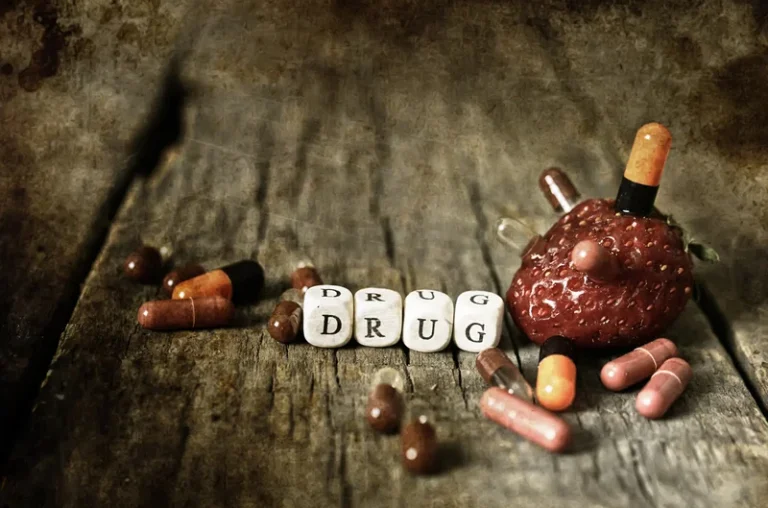
Over time, our ability to cope and come up with solutions that work for us becomes easier and easier. Addicts will have to face their relationships with people again, with their families, friends, and co-workers. They may have wronged some of these people, or they might be embarrassed about how they once acted. They’ll have to feel emotions again without numbing them with drink or drug and maneuver their way through tricky family and relationship dynamics. Addiction can be a way to avoid the things we don’t want to deal with.
Strategies for Building Resilience In Early Recovery
Those who are overly pessimistic and say, “I’m going to be miserable forever,” will inevitably fail. You make it up to everyone you ever hurt by never being that person again. You’ll get significantly better at identifying the kind of people you genuinely enjoy being around, which is much harder to do when everyone is vibing off overpriced cocktails in dimly lit bars. You have to do what is best for you, and you can’t let your anxiety about a sober future prevent you from doing what you need to do. Sober movements are redefining what it means to have fun and challenging alcohol’s role in our social lives.

The Challenges of Maintaining Sobriety

After all, you can’t hang around your drug dealer or old drinking buddies and expect to remain sober for very long. Post-acute withdrawal syndrome (PAWS) involves withdrawal symptoms that persist past the detox period. Such symptoms are often related to mood and may include irritability, anxiety, depression, sleep problems, and fatigue. The flipside of the fear of failure is the fear of success. Most people dont consciously self-sabotage, but they have a deeply held belief that they dont deserve to succeed and, in so believing, never really put forth their best effort. Feeling doomed from the start, many allow self-doubt and fears of what others think to keep them from trying.

A Psychologist Explains A Fear That’s Secretly Sabotaging Your Success
Here are four strategies they can take from past successes. So contrary to conventional political wisdom, concern for dignity and inclusion is not a weakness. Rather, it is liberals’ best shot at winning back the working class. From LGBTQ+ rights to Black Lives Matter and #MeToo, progressives excel at building identity-based social movements that promote the humanity of marginalized groups.
Stop Being Afraid to Get Sober with Northpoint Recovery
If you’re involved in a 12-step program, you likely already know the importance of milestones. In these programs, it’s customary to receive plastic chips as you progress to the one-year mark, at which time you receive a bronze coin. https://ecosoberhouse.com/ Shame is having negative beliefs about yourself and your self-worth. Guilt is having negative feelings about your past behavior. People in recovery can experience a lot of shame simply for having become addicted in the first place.

- A person who is getting sober may be getting sober from one substance or all substances.
- You may feel as though you don’t belong in a place of employment because you screwed up so badly.
- Secondly, you have to learn how to function at a basic human level.
- You may also experience what is commonly called sobriety fatigue, which refers to the overall exhaustion that may occur as a result of the emotional and physical stress of staying sober.
- If you’re involved in a 12-step program, you likely already know the importance of milestones.
Sobriety is a lifelong journey filled with challenges and obstacles but also incredible rewards. Similarly, there are many people who drink and use drugs because they feel more fun, daring, likable, and interesting when under the influence. Removing the thing that they believe gives them more charisma or self-confidence around other people can trigger the very real worry that they won’t like their sober self. Many people drink and do drugs precisely because they don’t like who they are and want to dull the sensation of their shame, self-loathing—even self-hatred.
- We understand how scary it can be to commit to long-term sobriety, especially if you have never been sober before and you have no idea what to expect.
- If you’re scared of becoming sober, there are a few things that you can do to ease your fears.
- Hear from real people who have struggled with substance misuse.
- Their process of getting sober will depend on numerous factors, including the severity of drug or alcohol use disorder and long-term goals of sobriety.
Besides, judging someone for not drinking alcohol is stupid, and you don’t need to be cool with that person anyway. In fact, this fear personally led to a dozen failures in my own sobriety journey. Many of us drink because we need something to turn down the volume of the toxic shame parade running through our brains.
- If nyctophobia is getting worse or causing severe distress, you don’t need to wait to see if it gets better before reaching out to a healthcare provider.
- But even if it’s not medically necessary, it can make a difference on getting you through the detox successfully.
- The brain and body need time to return to functioning without the substance.
- Face your fears of recovery, and talk about them with your loved ones.
- Any information published on this website or by this brand is not intended as a substitute for medical advice, and you should not take any action before consulting with a healthcare professional.
- Depending on the severity of your drinking problem and resulting behavior, some bridges may be forever burned.
- They’ll have to feel emotions again without numbing them with drink or drug and maneuver their way through tricky family and relationship dynamics.
- After detox, your brain begins to piece together the problems you now have with relationships, work, school or other important aspects of your life.
- Navigating your existing relationships in sobriety is a huge challenge.
This fear of losing connections or facing abandonment can be especially strong if past experiences have shown that success can lead to resentment or envy in others. It’s also important to keep up with your therapy appointments and commit to your healing. This includes fear of being sober staying active, eating well, and practicing self-care. People who exercise regularly may become less sensitive to the physical feelings of a panic attack, which can reduce fear. A diagnosis of a phobia starts with a conversation with your primary healthcare provider.

